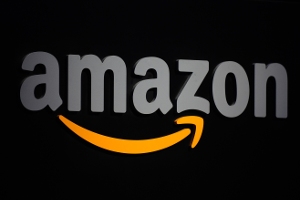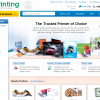Companies like 23andMe and Ancestry have grown wildly in the past few years, thanks to the popularity of at-home genetic testing. Now, these companies are turning to Amazon to reach a wider audience.
Ancestry was the first to offer its genetic testing kits through Amazon’s marketplace, starting in 2015. Back then, the company was selling 400-500 sets per day via Amazon, which grew to 1,300 kits per day in 2016, according to an article on CNBC’s website. This made up as much as 10% of overall sales for Ancestry, according to the article. Ancestry hasn’t given numbers for sales through Amazon for 2017.
Customers opt for at-home genetic testing kits because they are an easy and inexpensive way to gather information on ancestral heritage. Customers simply provide a DNA sample, usually through a saliva sample, and mail it back to the testing company and wait a few weeks to see the results. Some companies like 23andMe also offer the option of health reports, so you can see if you have a higher risk of certain diseases or conditions.
But Ancestry isn’t the only company partnering with Amazon to reach more customers – many others are using Amazon as a way to increase their market share, including 23andMe and Helix, two other major industry players.
Genetics testing companies were smart to offer their services over Amazon, forming a partnership rather than competing with the online retail giant. Amazon has disrupted other markets with its vast distribution network and low price point, including the meal kit industry. Blue Apron and Hello Fresh launched IPOs this year, and investors are speculating about Amazon’s impact on the stocks’ values. (Earlier this year, Amazon purchased Whole Foods Grocery chain.) Amazon has also started selling its own meal kit services for a cheaper price.
Amazon’s medical supplies marketplace is also growing fast, offering cancer risk tests from Color Genomics (though these require a doctor’s prescription). Good Start Genetics also partnered with Amazon to sell home tests that reveal potential genetic risks if a couple wants to have children.
CNBC also reported earlier this year that Amazon may move into the prescription business, competing with drug stores and even low-cost competitors like Costco.
There’s no doubt Amazon impacts a number of industries with its vast distribution network and price point advantage. But with genetics testing companies, the behemoth has helped increase overall revenues, a net positive effect.
The medical equipment and testing industry is a huge business. We’ll see what moves Amazon makes next to increase its hold on this particular market.














